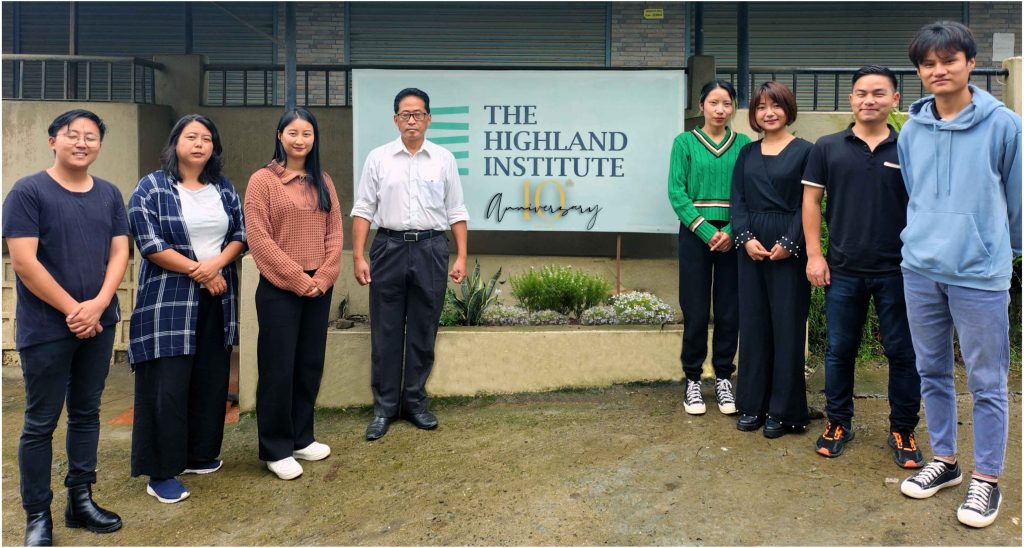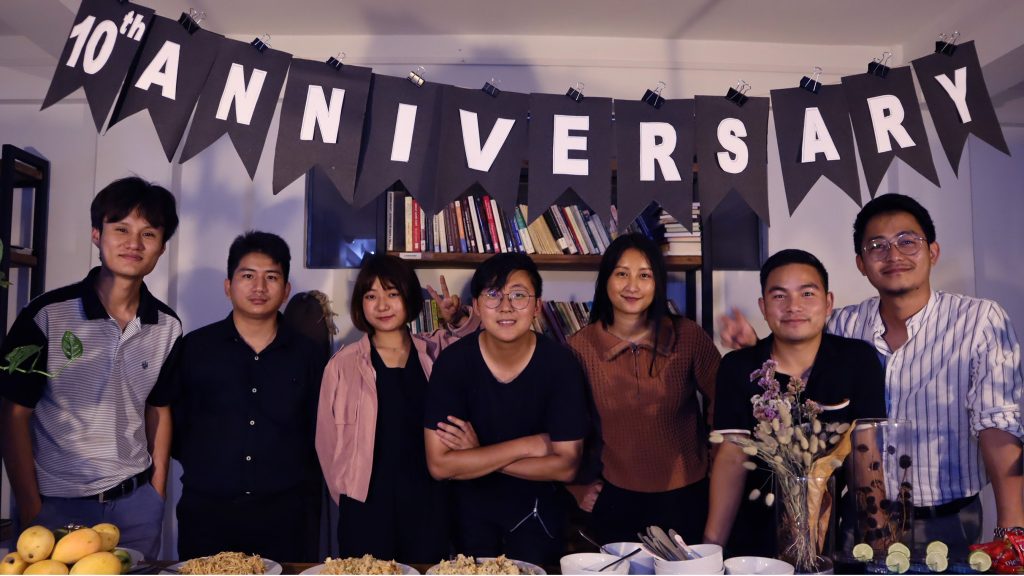
The Highland Institute, Kohima, ten years of nurturing scholars and future leaders
This year, The Highland Institute, celebrates its 10th anniversary. Founded on June 10, 2013, by Dr Michael Heneise and Dr Kekhrie Yhome, and staffed principally by local graduates, the Institute, registered as a Trust, is an independent organisation conducting research on cultural, historical, environmental, health, socio-political and developmental issues in highland Asia.
Commenting on The Highland Institute’s first decade, co-founder Dr Michael Heneise emphasised the Institute’s unique features:
“Research collaboration is a scarce commodity today. Yet, the radical transformation of Asia is impossible without good data, disinterested analysis, a stubborn radical uncertainty, a genuine desire for openness and sharing, and an unwavering commitment to independence. Ten years is a good milestone, but the next 10 will determine whether our philosophy has staying power. Even the most ethically fortified learning centres, non-profits, and learned societies are not immune to the sweet lullabies of profit or the anti-intellectualism hollowing out higher education everywhere. A healthy commitment to self-examination is critical. There‘s no better time for self-examination and future planning than a key milestone!”
Institute Board member Dr Vizovol Mekro, former Principal of Phek Government College, has watched the Institute progress through its formative years. On the occasion of the 10th Anniversary, he said:
“I first extend my congratulations to the two co-founders, Dr Michael Heneise and Dr. Kekhrie Yhome. For a place like Nagaland, in the far remote corner of India where facilities for research are minimal, it requires much courage, experience and good leadership to make such an institute functional and successful. The remarkable growth of the Institute is mostly due to the excellent leadership, net-working ability, and relentless hard work of Dr Michael who served as Director till the early part of this year.”
Meanwhile, Catriona Child, Acting Director, drew attention to the establishment’s community role:
“Our Institute exemplifies how global and local can work together. We have an active internship programme and, supported by our international Fellows, we train local scholars to become world-class researchers. Moreover, we regularly reach out to Kohima schools with events like our ethnographic film club and themed activity days.”


